France
New Caledonia is an archipelago in the South Pacific not far from Australia. James Cook discovered it in 1774, but, after concluding that too many languages were spoken there, he declined to annex it to the British Empire. France, not as cautious, made it a distant colony under Napoleon III. Today, riots are convulsing the territory. Supposedly “decolonial” in aim, they are most certainly violent and fueled by the anti-white racism that, from London to Brussels and Paris, has become the trademark of the new radical left. The strangest thing is that among the flags of the Kanak independence movement, one also sees Azeri flags. Why Azeri? Because Azerbaijan, which shares a border with Turkey and is an ally of Russia and Iran, sees an opportunity to make France pay for its support of the Armenians chased out of Nagorno-Karabakh in 2022. The dictators versus Emmanuel Macron.
As is always the case when nothing is known for sure, the air is rife with conspiracy theories concerning what happened to the helicopter carrying Iranian president Ebrahim Raisi after his visit to Azerbaijan. As when Fidel Castro denounced the “imperialist” typhoons buffeting Cuba, there are those on social media who attribute the fog over the Dizmar forest, near the city of Varzaqan, to the special services of the United States, Israel, Britain and France. My Iranian friends, meanwhile, are mourning the 223 people executed by the regime since the beginning of the year. They are praying, too, for Ervin Netanel ben Tziona, a twenty-year-old Iranian Jew, who is currently sitting on death row.
I recently received a new letter of appeal from Mikheil Saakashvili, who was president of Georgia from 2004 to 2013. He’s been rotting away in a jail cell in Tbilisi as a political prisoner for the past two years. I’ve lost count of the number of letters appealing for help that he’s sent me during this time. As on each prior occasion, I recognize his feeble handwriting, increasingly shaky and nearly broken as the conditions of his detention and his state of health worsen. Solitary confinement. Hunger strikes. Successive poisonings. When Vladimir Putin invaded Georgia in 2008, Saakashvili was a sort of Volodymyr Zelensky before his time. With another invasion looming of this great but tiny nation, people are protesting at the prison gates. The number of demonstrators is twice what it was on the Maidan in Kyiv in 2014, as a proportion of the two countries’ population. I only hope Saakashvili doesn’t become the next Alexei Navalny.
I know Kharkiv very well. I filmed key scenes of three Ukrainian documentaries there. And I am spending the night on the phone with my surviving comrades who are resisting in the trenches. It’s a bitter fight, they say. The Russians are reoccupying the neighboring villages that Zelensky’s forces had retaken in September 2022 during the Izium offensive. Kamikaze drones and Grad rockets rain down on the road leading to the Russian border and on to Belgorod. But the city is holding. The defenders’ morale is better than that of the more numerous but thoroughly unmotivated attackers. Let’s hope Ukraine’s allies keep their commitments so that this resistant, isolated nation may eventually prevail.
In France, as I write the electoral campaign for the European Parliament is entering the home straight. Compared with our neighbors, we enjoy a dubious distinction: one slate of candidates under the name of “Free Palestine,” whose logo features a map of the Middle East from which Israel has been erased. And another headed by neo-socialist Jean-Luc Mélenchon, that, in answer to all of the questions put to it about taxes, retirement, the cost of living, climate change, Europe’s common agricultural policy and Europe in general, has but one thing to say: “Israel is committing genocide in Gaza.” That’s what the German Social Democrats of the late nineteenth century called socialism for imbeciles. In short, it’s antisemitism.
According to TIME magazine, Rachel Goldberg-Polin is one of the world’s 100 most influential people. We met recently in the Jerusalem office where she battles day and night to keep the world from forgetting the hostages of October 7, including her son, Hersh. For me, she’s first and foremost a mother, fragile and beautiful, who waits, with a heart broken but full of hope, for the return of her child. She is the best of Israel.
This article was originally published in The Spectator’s July 2024 World edition.



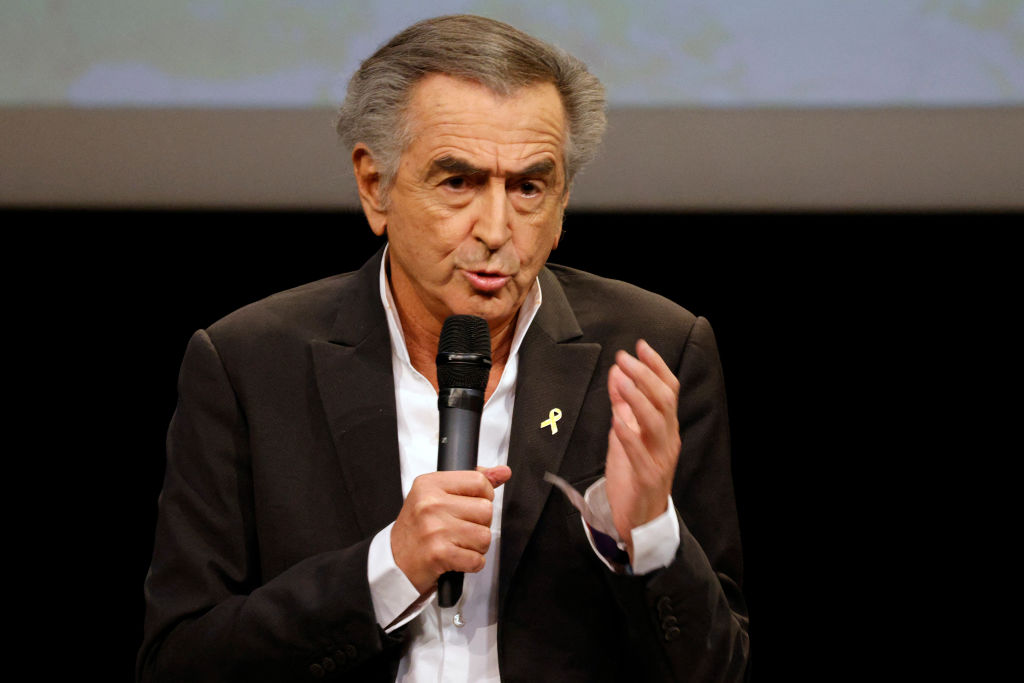






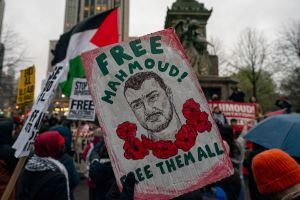
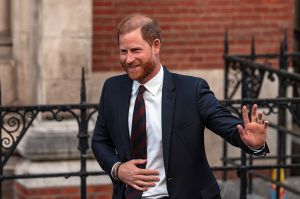
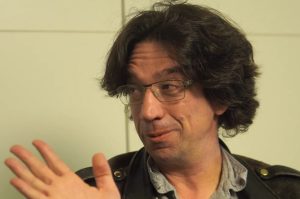

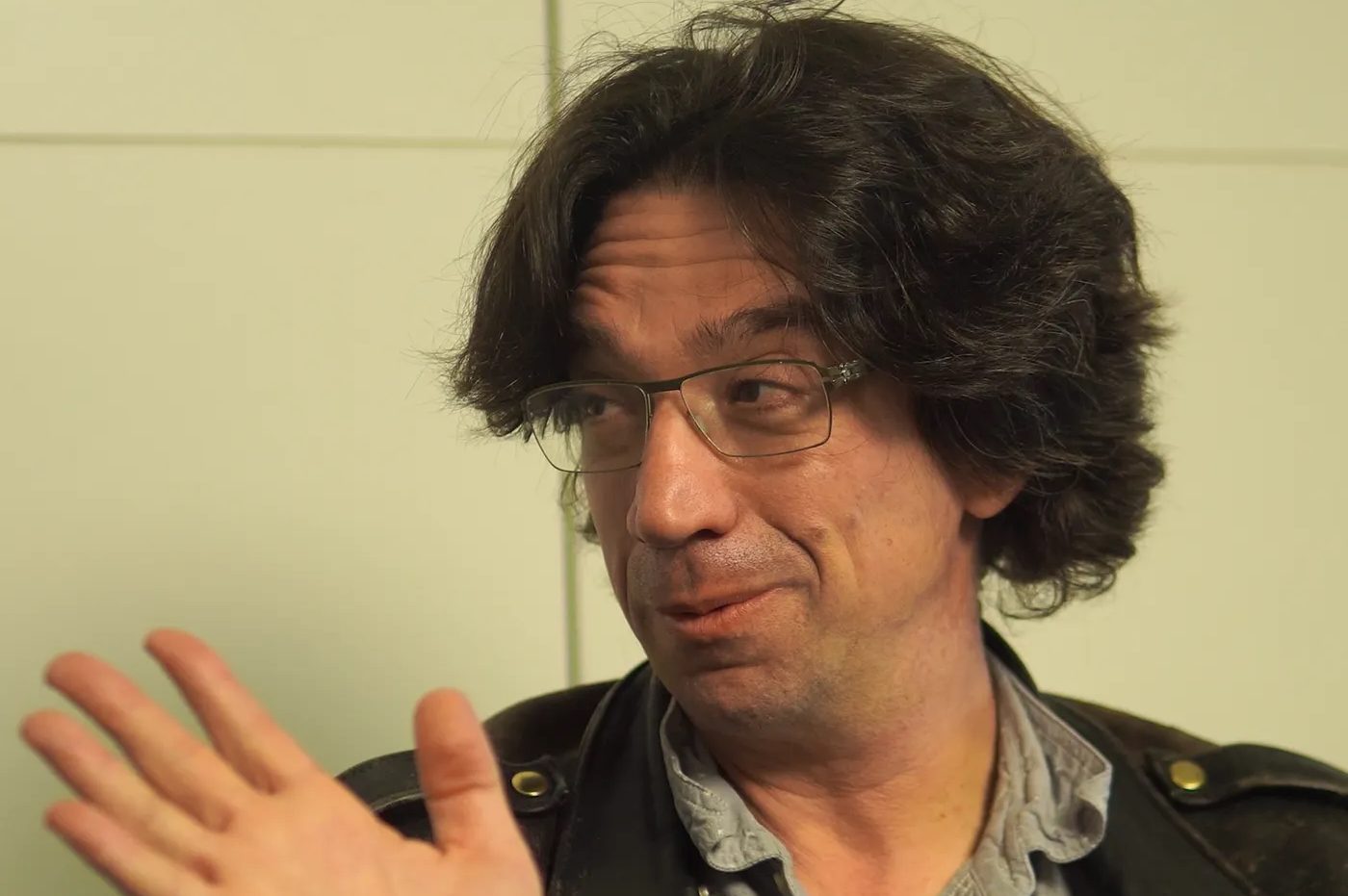


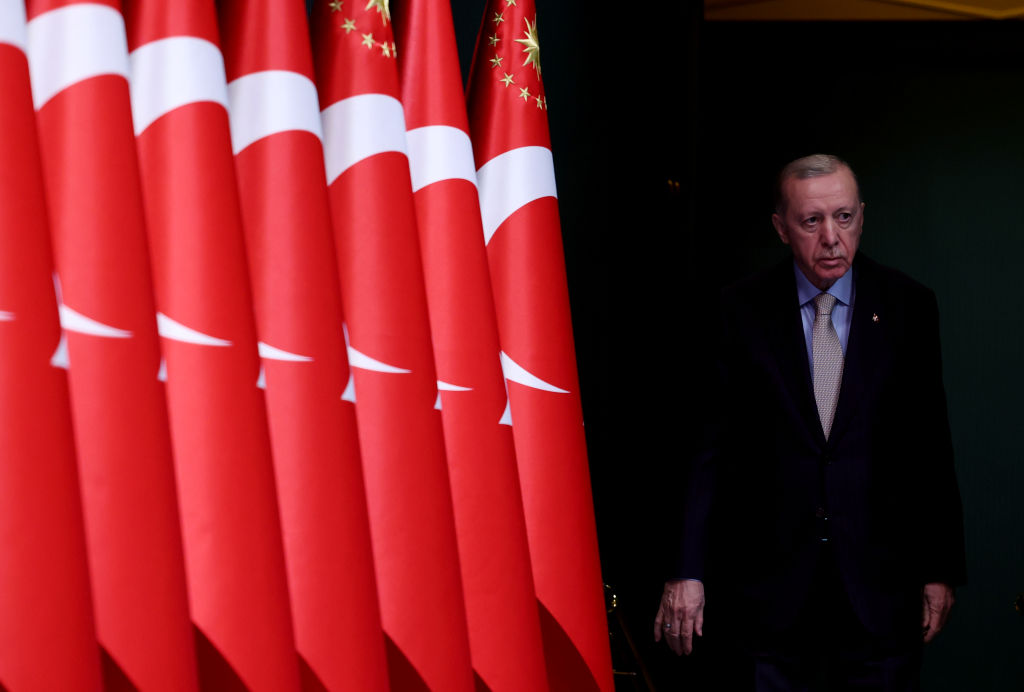








Leave a Reply